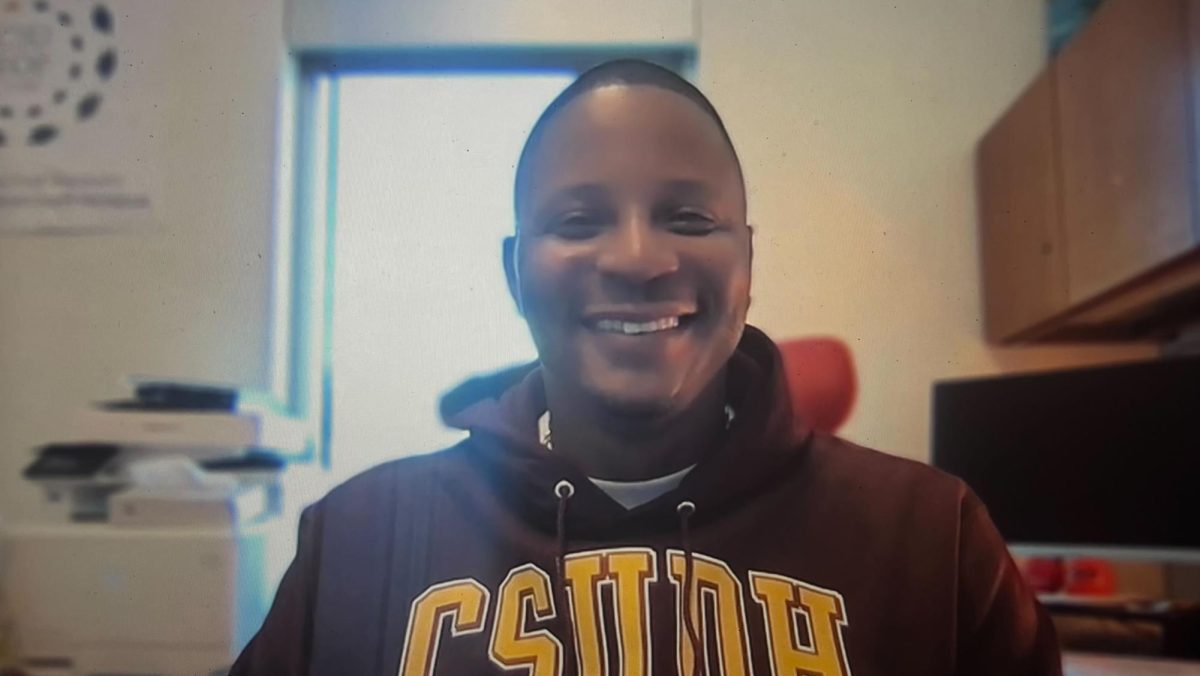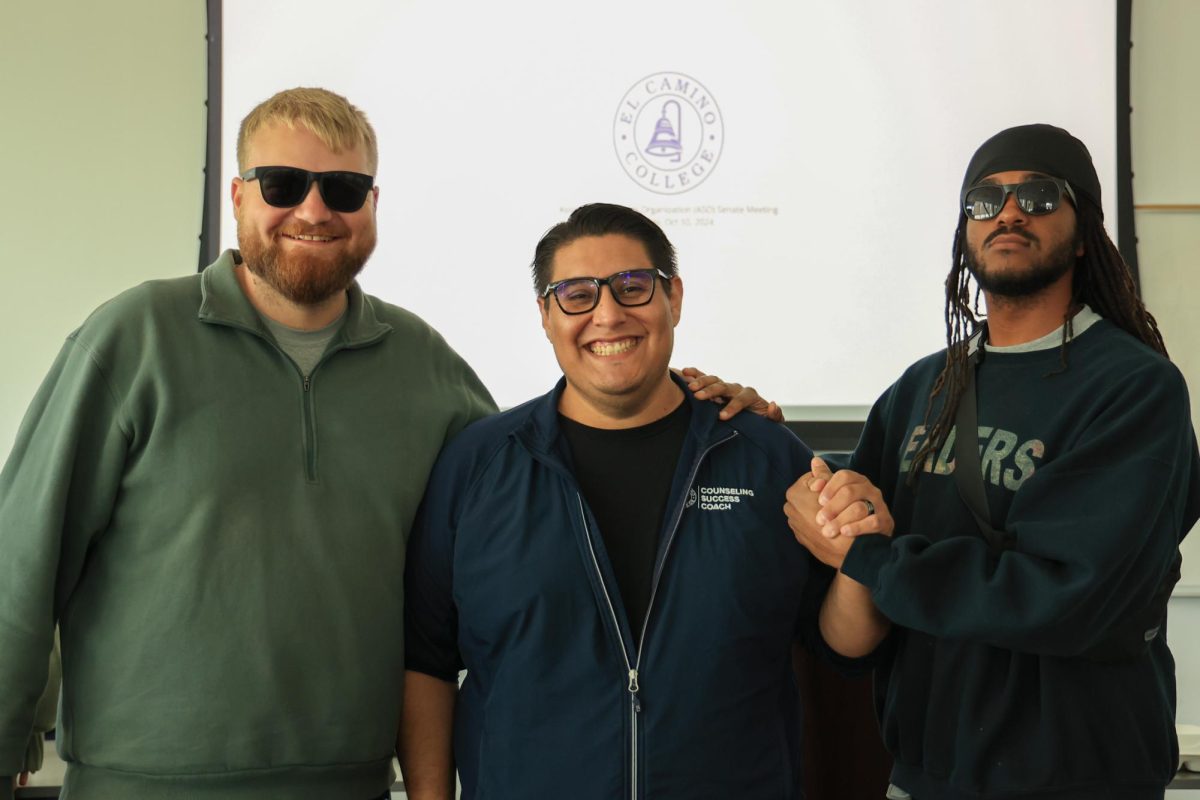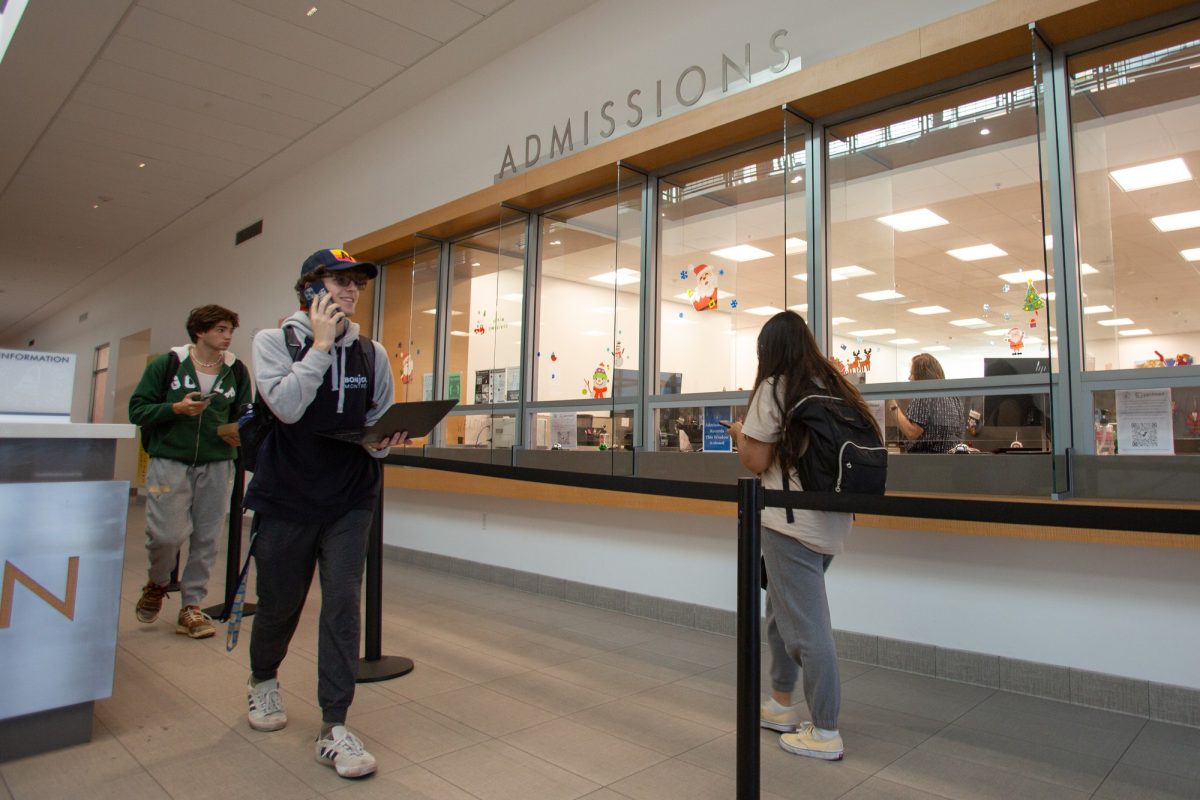Venturing out into new territory, math professor Susan Taylor will be the first to begin using a combination of standard textbooks and electronic books in an in-person class in the fall semester.
Taylor is going to teach Math 190, Single-Variable Calculus and Analytic Geometry, with the help of the e-book.
The advantage to using the e-book opposed to the text is that the e-book is that it is easier to access and is cheaper.
“The students go to a Web site and download the coarse content in PDF format,” Taylor said. “The book that I’m using is a little different than other electronic textbooks which have links to animation. This version has a printed textbook available for students who choose to have a hard copy.”
Taylor was not certain of how students would react to this alternative approach to learning.
“I think that students are going to have easier access to the lesson plan,” Chashon Presley, respiratory care major, said. “You won’t have to carry around a big book to class on a regular basis.”
Whether using a conventional text or an e-book, comprehension of the lesson is mandatory.
“I think that the comprehension of the lessons will be the same,” Presley, 32, said. “I don’t expect the e-book to be any easier to comprehend than the traditional textbook.”
“I hope that the e-book works and the students find it readable,” said Taylor. “I’m not really sure how students are going to react to the e-book. I hope they enjoy it. The students are the reason why I’m using this e-book.”
The use of e-books will undeniably cost revenue for the Bookstore.
The question some are asking is whether or not the college can afford to be able to implement the new e-books in classes.
“The e-books for Math 190 will be available for a lower price,” Taylor said.
Students believe the savings will be well worth it.
“Anything that can save students money is a plus,” Priscilla Cruz, 23, Spanish major, said. “The use of the e-book will save money for students but will cost the Bookstore precious textbook revenue.”
With today’s students being more accustomed to using computers, e-book use might be more common due to the demand to reduce cost and paper usage.
“I think that other students will love using e-books”, Presley said. “I am not intimidated by the idea of using an e-book, but I haven’t taken a course where there is an option to use one. I would like to see e-books available for more courses at this campus.”
Nevertheless, Taylor believes students will adapt well to the new technology.
“I am aware that more students are comfortable using computers now than when I was a student,” she said.








